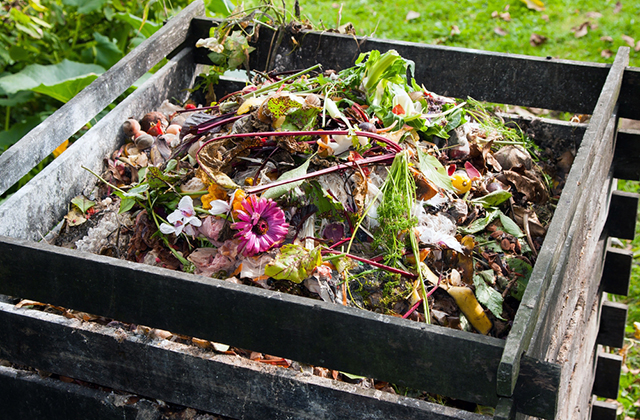Office rubbish removal Sydney will remove everything from general household rubbish to speciality garbage types including green waste. Do you know where your trash goes? It’s pretty easy to forget about it once it’s gone, but after our trash is picked up by the garbage truck, it gets tossed into a landfill or an incinerator. In the U.S., about 26 percent of our waste is recycled or composted and 8 percent is burned at incinerators. The rest a whopping 66 percent is piled high into landfills across the country. When you consider that the average American produces almost 4.5 pounds of trash each day (compared with an average of about 2.7 in 1960), you can begin to visualize how the tons of trash start to add up across the country.
While landfills are the oldest form of mass waste disposal in the U.S., they are also the second-largest human-related source of methane emissions, a potent greenhouse gas. In 2006, landfills accounted for almost 23 percent of all methane emissions. This landfill gas (LFG) is born as the solid waste decomposes under anaerobic conditions (sans oxygen). In addition to the problems associated with our overflowing landfills, even we already did the waste management, some trash inevitably lands in wild and natural places like the ocean or our waterways, where it can break down and harm wildlife and even people. You can help reduce the world’s overabundance of trash by choosing to reduce, reuse, and recycle.
These three effective “Rs” are extremely simple and purely cost free. At the end of the day, you may actually end up saving money. Being conscious of the three Rs at home and elsewhere will help you realize your quest to go green. Implement just a few of the ideas from these conservation concepts this week, but try to continue to make this mantra a part of your life going forward.
Reuse
Studies show that between 2 and 5 percent of the waste stream is potentially reusable. Reusing the things that you can will help prevent tons of trash from making their way into landfills. A great example of a reusable item that can make a difference is rechargeable batteries. Each year, over 15 billion batteries are sold worldwide, most of which are thrown away after a single use. Invest in some quality reusable batteries and a slow-charging charger that will best maintain their lifespan; within a year, this investment will more than likely have paid for itself. [Note: All batteries contain some amount of mercury and should, thus, be recycled by an authorized location] Another productive switch you can make is to bring your own reusable shopping bags when you hit the supermarket to reduce the unnecessary disposal of plastic and paper shopping bags. These bags, available in fabrics from eco-friendly hemp to organic cotton, are inexpensive and easy to use; just remember to keep a stock in your car so you’re not caught in the checkout line being asked “Paper or plastic?” You will also make a major impact and up your green quotient exponentially if you choose to drink from a reusable bottle instead of throwing countless single-use bottles into the trash. Best bets for your health include BPA-free plastic bottles (avoid “PC” or recycling number 7, stamped on the bottom) and stainless steel versions.
Reduce
The first “R” refers to limiting the amount of things you buy or use in your daily life. Instead of grabbing a handful of paper towels to wipe up a spill, can you use half the amount or a cloth instead? This simple act can help lessen the burden on our trash system. Can you bring your lunch to work in reusable containers instead of getting takeout and tossing the packaging? By packing your cuisine in reusable containers instead of plastic wrap or bags, you can also help reduce the amount of waste you produce. You can also avoid a great deal of packaging by buying food from the bulk bins that are a fixture in most health food stores. Here, you can fill up your own reusable containers with everything from rice and pasta to dried fruit and candy. Just be sure to have your empty container weighed in at the checkout before filling it up. In addition,buying only the groceries you need each week will also help limit the amount of spoiled food you end up tossing.
Recycle
This simple act is one of the best things you can do for the planet. Many towns today have a curbside recycling program; in fact, http://www.Earth911.org says that over 85 percent of Americans have access to local recycling programs. Contact your city office for information on getting set up with the service and the appropriate containers. Then, simply sort your recyclables like glass, aluminum, and paper into the separate bins for pickup. Those without a local service are likely to have a recycling center in the vicinity where these items can be dropped off. Some centers will even pay for your more valuable recyclables.
So lets do it from now, 3 Rs. Don’t delay or it will be very late and you will face the consequences. Small amount of trash every day, will be massive problems for you in the end of the month. Ready to change?visit here: [http://www.webgreenhealthy.com/]
Article Source: https://EzineArticles.com/expert/Faiz_Arief/915428
Article Source: http://EzineArticles.com/5906889

